Osteopathy is a holistic therapy that is based on the theory that the organism is able to self-regulate and heal itself. The therapy consists of an appropriate combination of manual techniques such as massage and manipulation of muscles, joints, ligaments and tendons.
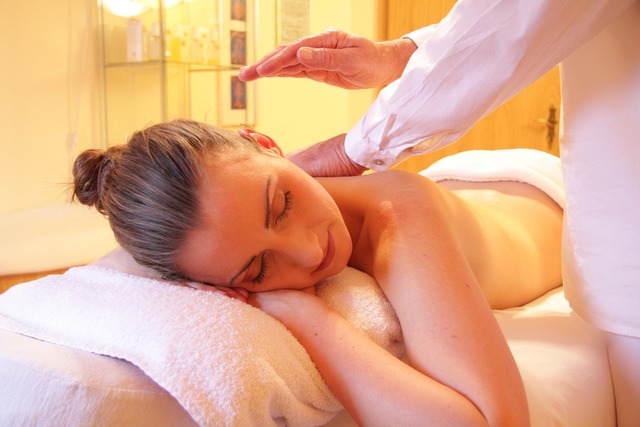
Osteopathy is a therapy created in the United States by Dr. Andrew Taylor-Still (1828-1917). It is currently recognized by the World Health Organization.
"Osteopathy" means in Greek osteon (bone) and pathos (effects that come from within). That is to say that "osteopathy" is a correct denomination that indicates the influence of the disease, its causes and its manual treatments and not a local bone injury.
This therapy treats the human body as a global system, returning the disturbed balance with manual techniques focused on any affected tissue, be it muscle, viscera, nerves or others. It helps to correct, repair musculoskeletal injuries and organic pathologies. It is based on anatomical and physiological knowledge. The osteopath will seek to restore the body's balance and will feel through its hands the tensions and blockages, being its objective to allow the release and mobility of the articular, muscular, nervous, visceral and bodily fluids system .
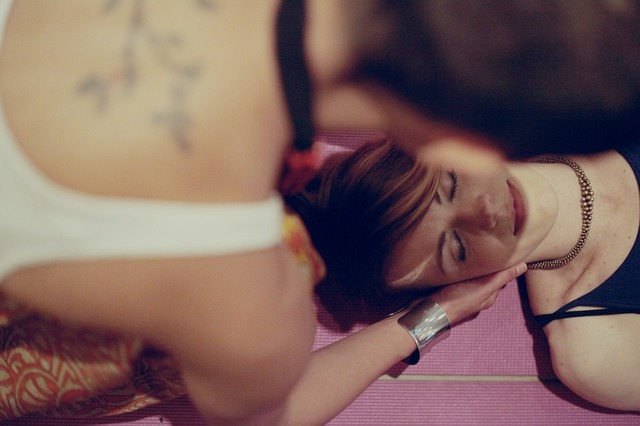
Thanks to the holistic concept of osteopathy (which understands the body as a whole), its use is recommended for a wide variety of organic disorders and other disorders: cervical problems, dorsalgia, common lesions, lumbar problems, visceral dysfunctions, neurological disorders, respiratory diseases, nervous tension, anxiety and nervous system. Helps children and pregnant women.
Improvement of well-being and quality of life, encourages the body to recover. It promotes relaxation of the body: muscles, contractures, loads. It promotes rest, combats insomnia, induces deep sleep and benefits muscle toning. It promotes recovery muscle after physical exercises, improves mobility in joints, increases blood flow, generates more elastic tissues and collaborates in the prevention of injuries. This therapy also benefits the skin as it will become firmer.
Especially indicated in cases of migraine, scoliosis, back pain, joint disorders, bumps, sprains, digestive problems, respiratory disorders, neuralgia, depression, stress and sciatica pain .
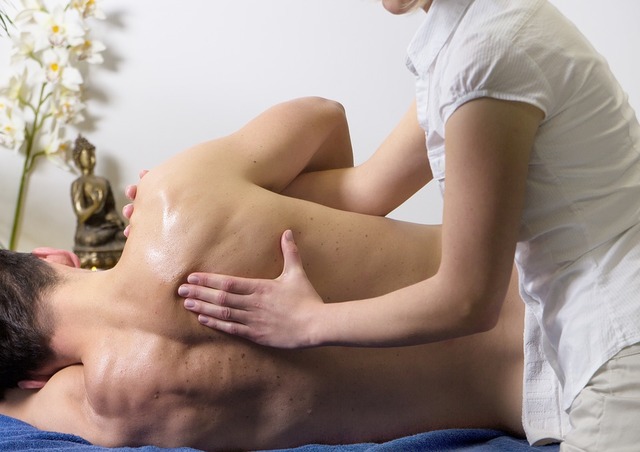
Osteopathy does not only try to look for the symptom but to investigate where it comes from. It believes that health and not disease, is the natural state of men.
The osteopath has the function of eliminating those "obstacles" that are established over time (incorrect postures) or after major trauma or repeated micro-traumas.
Osteopathy takes into account homeostasis, that is, the property of living organisms to maintain a stable condition by compensating for internal and external exchanges (metabolism), such as for example self-regulation of temperature or body pH levels.
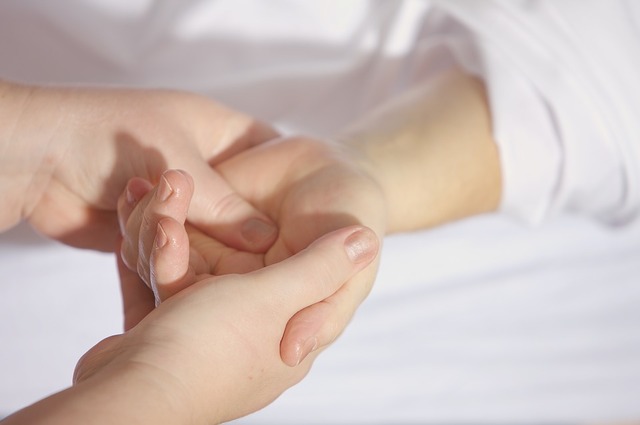
The best thing that an osteopath can do for a patient is to make operational the forces that exist within the body itself and thus preserve all the organic functions in its perfect activity, this involves the cardiovascular system, the respiratory system, the nervous system and the lymphatic system .
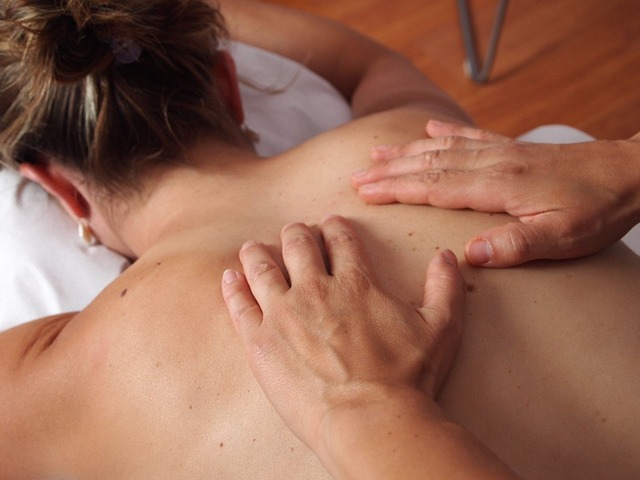
What is an osteopathy session?
First the therapist will make a very detailed medical history through many specific questions. The goal is to biologically decode the language of the symptom, understand what the body wants to let us know. Secondly, we will proceed to apply the techniques used that aim to release the soft tissue tension, mobilize the joints involved in the injury and finally normalize the dysfunction, whether it is reflex or local. As a last step, the patient will be instructed to accelerate the healing process. Nutrition guidelines, exercises, etc. will be recommended.
The important thing is not to get used to living with pain but to search within the many options of existing holistic therapies which is the most suitable for our ailments.
You may be interested too
The Emotional Calendar 2026: Months Of Greatest And Least Attraction